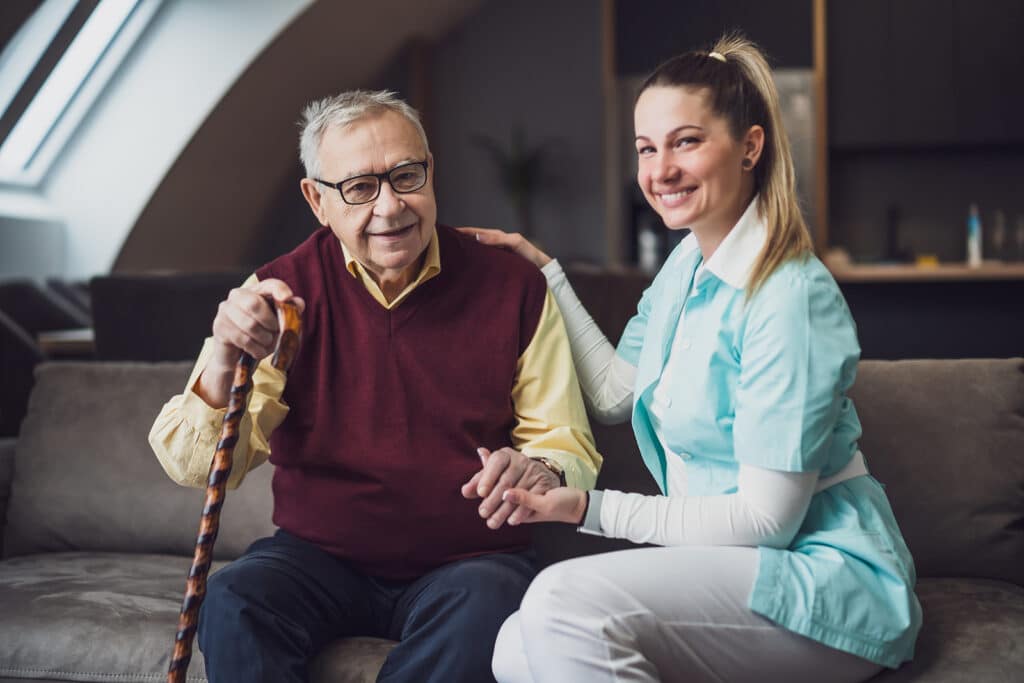
Getting older is a normal part of life. Our bodies and minds change in many ways as we age. There’s no need to worry about many of these changes; they are all normal. But it’s also important to be alert and know when those changes could mean something more dangerous. Consider the following normal signs of getting older and when loved ones should worry about the health and well-being of an older family member, as well as how a trusted elder care aide can help.
What to Expect from Normal Aging
While each senior is different, the following things tend to be common with age. Keep in mind there are varying support systems to utilize as loved ones get older, from elder care to more consistent monitoring.
Changes in Memory: Memory loss is a normal part of getting older. For example, seniors might forget where they put their keys or the name of someone they just met. However, if loved ones notice that memory loss happens more often and that seniors are having trouble with daily tasks, it can be a sign of something more significant. If seniors already have elder care in the home, ask their aide if they’ve noticed changes or consult with the medical team.
Physical Changes: The body changes with age. For example, muscles lose strength, joints get stiff, and metabolism slows down. Still, suppose loved ones notice sudden and significant weight loss, increased complaints of pain that can’t be explained, or the inability to do things seniors once did due to a physical condition. In that case, it’s important to have those issues assessed.
Vision and Hearing Issues: As people age, their eyesight and hearing often change over time. For example, they may need reading glasses or have trouble hearing high-pitched sounds. If loved ones or the elder care team notice rapid or serious vision or hearing loss, it’s a good idea to encourage seniors to see their doctor. When caught early, many issues can be remedied.
Sleep Issues: As people get older, their sleep habits may change, causing them to wake up more often during the night. These interruptions mean they’re not getting a full night’s rest and might be sleepy during the day. Loved ones might notice this as seniors take more naps. Or, they might notice that seniors are more irritable. Talking with the elder care team and seniors to work on a consistent nighttime routine, as well as anything that can be changed in the bedroom environment, may help seniors sleep better. However, if the situation continues, talk with the medical team, as it might be a sign of something more significant.
Neglect of Self-Care: If seniors stop taking care of their hygiene, miss doses of their prescription, or show signs of self-neglect, it’s a clear indicator that something is wrong. It could mean that they are struggling with their mental or physical abilities and need help.
Understanding the changes that happen naturally can help loved ones and the elder care team create a plan of care that allows seniors to remain in their homes for as long as possible. Working together, seniors can get the help they need.
If you or an aging loved one are considering home care in Freehold Township, NJ, please contact the caring staff at Lares Home Care 888-492-3538 or 732-566-1112.
Source 1 / Source 2
- Why Seniors Need Companion Care - May 22, 2025
- Home Care Assistance Can Help Your Senior Parent Recover After A Heart Attack - May 7, 2025
- How Seniors Can Lose Weight Without Exercising - April 28, 2025




